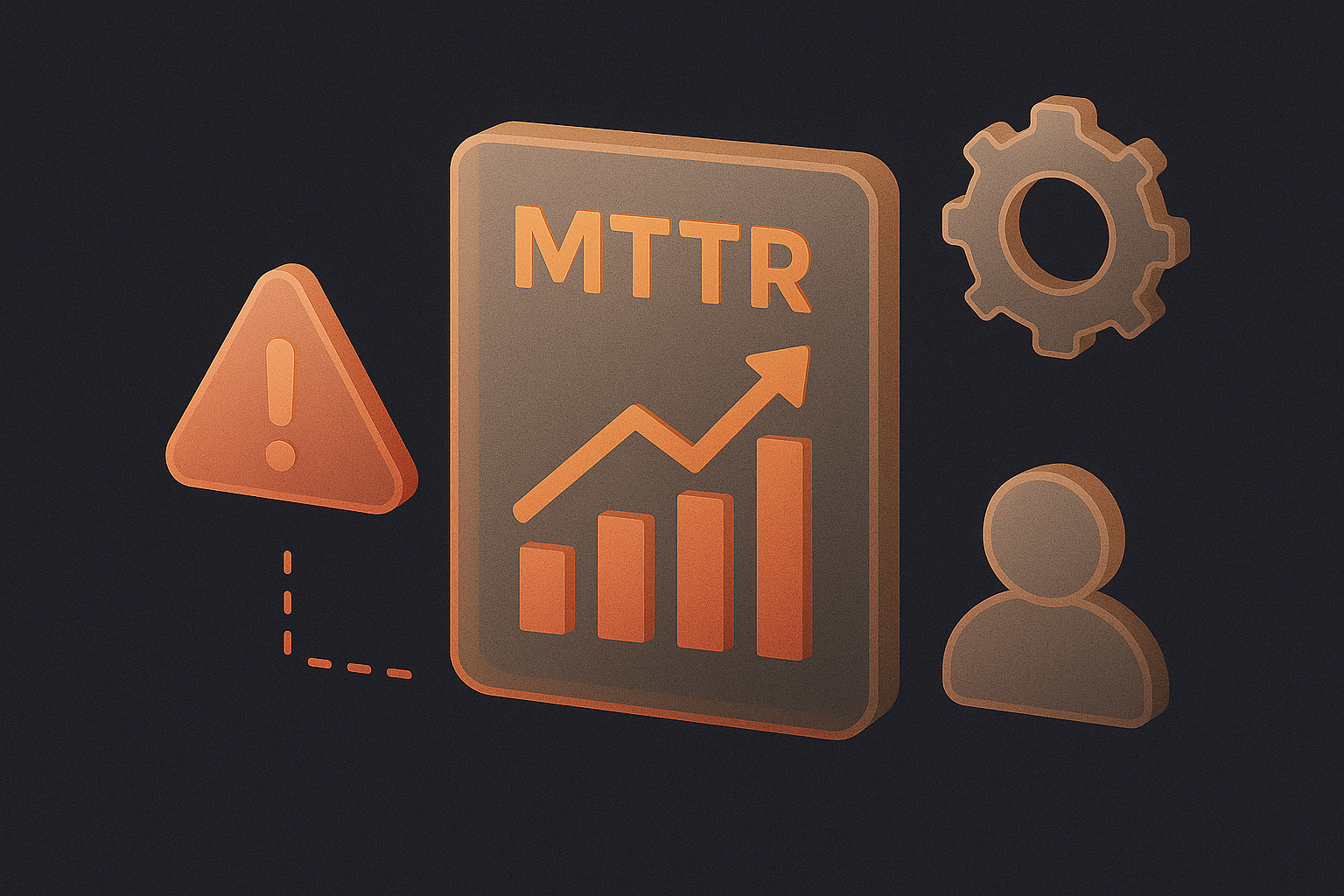A post-mortem emphasizes collaboration and learning above all else. When something goes wrong, a post-mortem requires an in-depth analysis of software engineering processes over people. Additionally, participants use it as a learning experience and share information to prevent the same mistake from happening again.
Let’s face it – most software engineers are familiar with failure. The software engineering cycle is rarely flawless, and problems may crop up that seemingly happen for no reason.
So, what happens if one of your software engineers makes a mistake? In some instances, an organization plays the “blame game,” yet doing so may prove to be costly and time-intensive. Worst of all, this approach is unlikely to lead to fast, efficient problem resolution.
On the other hand, there is the “post-mortem” approach to software engineering issues. This approach is spearheaded by Google and other industry-leading brands, and for good reason.
Establish a Blameless Post-Mortem Process
No one is perfect, and as humans, we all make mistakes from time to time. Thus, post-mortem can be blameless.
Want blameless post-mortems across your software engineering team? If a mistake happens, enable software engineers to provide details about the issue, including:
- Any actions they took that led to the issue
- The impact of their actions
- Their expectations
- Their assumptions
- Timeline of events behind a mistake
Perhaps most important, empower software engineers to provide this information without fear of punishment or retribution. Otherwise, you are assigning blame that ultimately hinders collaboration and learning.
Implementing blameless post-mortems sometimes is difficult, but technologies and tools are available to help. For instance, alert tracking software with customer-defined alert templates allows users to create workflows based on customer-designed fields. That way, users can provide rich data post-mortem.
Want to learn more about blameless post-mortems? Check out Ken Norton’s article: Blameless Post Mortem, How do You Respond When Things Go Wrong?



